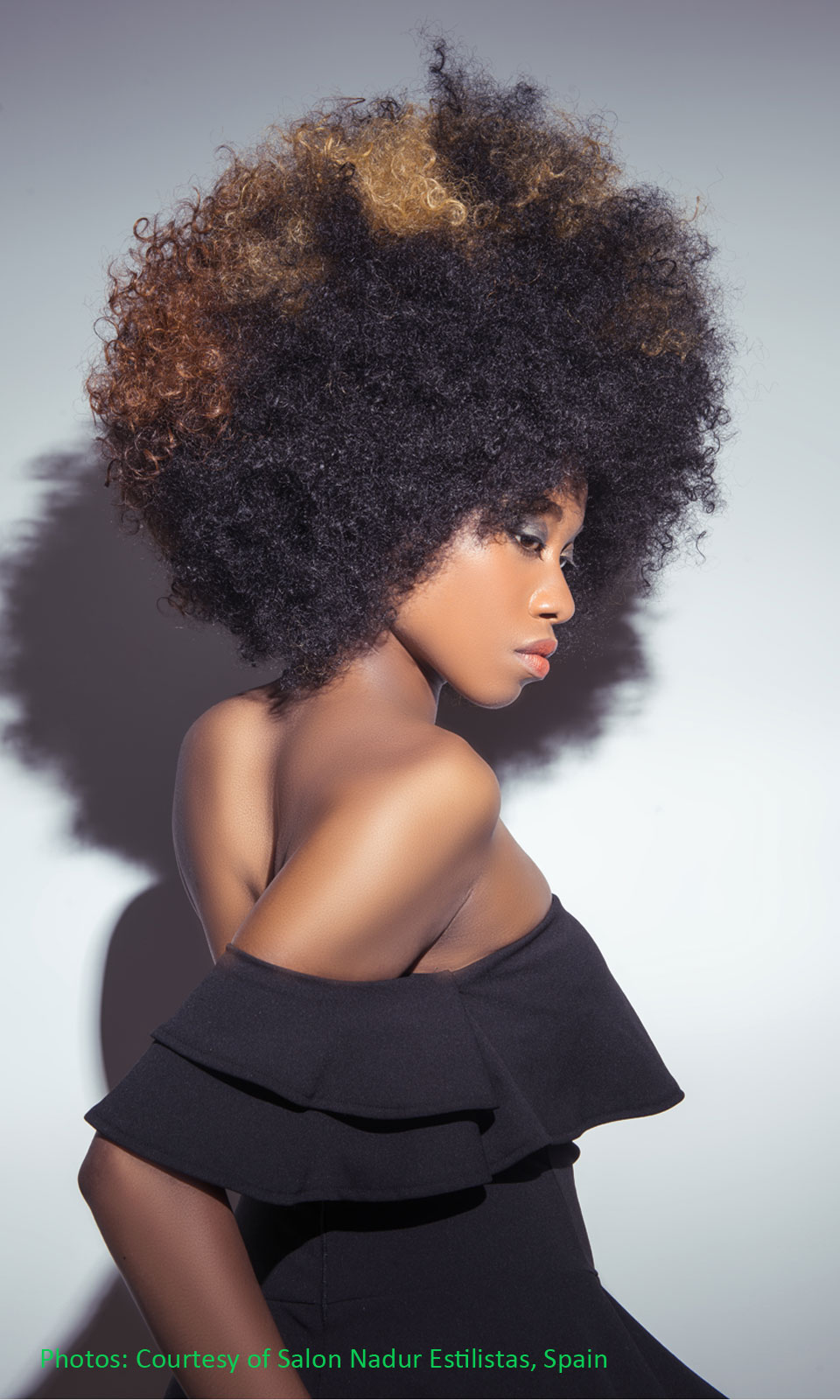There are common parabens
Methylparaben, Butylparaben, Iso-butylparaben, Ethylparaben and Propylparaben,
Parabens help to stop the growth of moulds and are used in toiletries and cosmetics to preserve them from fungi and bacteria. Concerns arise around parabens stems from their ability to mimic the female hormone Oestrogen. Using paraben based products ther is a risk that it could be absorbed into the blood stream. Excess Oestrogen is thought to stimulate cancer growth.
There is a big debate about how dangerous these chemicals are but the results are not quite so conclusive and to date the scientists who are sponsored by the big paraben using cosmetic companies say there is no problem with parabens, whilst the scientists working for the organic beauty industry concludes there is. As the debate rumbles on we say avoid them altogether.

Sulfates
The four common sulfates are
Sodium Lauryl Sulfate, Ammonium Lauryl, Sulfate, Sodium Laureth Sulfate and Ammonium Laureth Sulfate.Sulfate can sometimes be spelt with a “ph” as in sulphate but the chemical is the same.
There is confusion surrounding sulfates particularly around those which are considered safe to use on the skin and those which are not. Sulfates are used in shampoos and body wash products to make them foam and dissolve oil.
Only one is permitted for use in certified organic products. Ammonium Lauryl Sulfate (ALS) and is the only sulfate certified by the European organic regulator (Eco-Cert) for use in organic toiletries and cosmetics.
Many people with allergies to sulfates are not actually allergic to the sulfate itself. The problem is that some sulfates excessively breakdown the skin’s natural oils and this means the skin is more permeable to other ingredients in the product. It is usually deeper penetration by other ingredients which causes the allergic reaction.
There are two reasons why some sulfates are avoided in organic products. The first is irritancy and the second is possible contamination. Whilst some sulfates are affected by both problems there is one sulfate which is affected by neither.
The table below shows the differences between the 4 common sulfates.
Difference Between The Four Common Sulfates
| Sulfate Name | Short Name | Possibly High Irritancy | Possibly Dioxane Contamination | EcoCert Recommended |
|---|---|---|---|---|
| Sodium Lauryl Sulfate | SLS | YES | NO | NO |
| Sodium LaurethSulfate | SLES | YES | YES | NO |
| Ammonium Lauryl Sulfate | ALS | NO | NO | YES |
| Ammonium LaurethSulfate | ALES | NO | YES | NO |
Everything around us is made from chemicals even the plants growing in your garden and the skin covering your body are made from complex sets of chemicals. The term “chemical free” is just clever marketing to convince us that when we buy something natural that it is actually chemical free when in truth it is not.
Okhora Naturals terms chemical free to mean products made from naturally occurring chemicals such as plant extracts and oils or any naturally occurring ingredients which can be used safely in cosmetics. All our products are free from chemicals with dubious safety records
For all budding or experienced producer The Royal Society of Chemistry is offering a prize of Million Pounds for anyone who can produce a chemical free product.
Shea Butter
Shea butter is a natural moisturising conditioner for hair and is produced from the Karite Tree nut. It is great for softening hair that is brittle and fragile and does not sit on the hair but penetrates into the hair shaft without been heavy or greasy. Can be used for irritated dry or flaky scalp and does not clog the pores. Excellent on all hair types including natural, relaxed or curly hair.
Coconut Oil
Coconut oil helps to reduce protein loss in both damaged as well as undamaged hair. Coconut oil rich in lauric acid, has a high affinity for hair protein, and easily penetrates inside the hair shaft, which is due to its low molecular weight.
Castor Oil
Castor oil helps with hair regrowth and hair loss, makes the hair richer and aids in the prevention of split ends. Also used for dandruff and dry scalp, and is a great moisturiser to make your hair shiny and soft.


Beeswax
Beeswax is a natural treatment to stimulate hair growth. Furthermore, being a good thickening agent, beeswax helps add volume to your hair while keeping it soft, shiny, and more manageable. It is also beneficial in protecting the hair from environmental damage. Beeswax is commonly used in hair products for hair repair. Beeswax is a natural, safe, and a hypoallergenic ingredient to use on both the hair as well as the scalp to add strength sheen and volume to hair.
Vitamin E
Vitamin E is a very powerful antioxidant, it fights and destroy funguses and bacteria that may cause infections, inflammations and even itchiness in your scalp. It is also a very good hair growth stimulant and is found in most hair growth products. It has great beneficial effects as it will make your hair grow rapidly. Vitamin E oil is also a great if you are suffering from frizzy and difficult hair.
Olive oil
Olive oil is used for hair growth and should be a regular priority in your hair care. It Prevents DTH Hormones Production. A hormone in many cases causes hair loss, as it makes the hair follicle shaft to narrow. Olive oil actually stops this from happening. Use olive oil, as part of a regular hair care regimen, can help your hair and scalp reach their healthiest potential. Olive oil is packed with antioxidants, which keep the scalp in better shape. It can reduce the damage caused by hair care products or overuse products.
